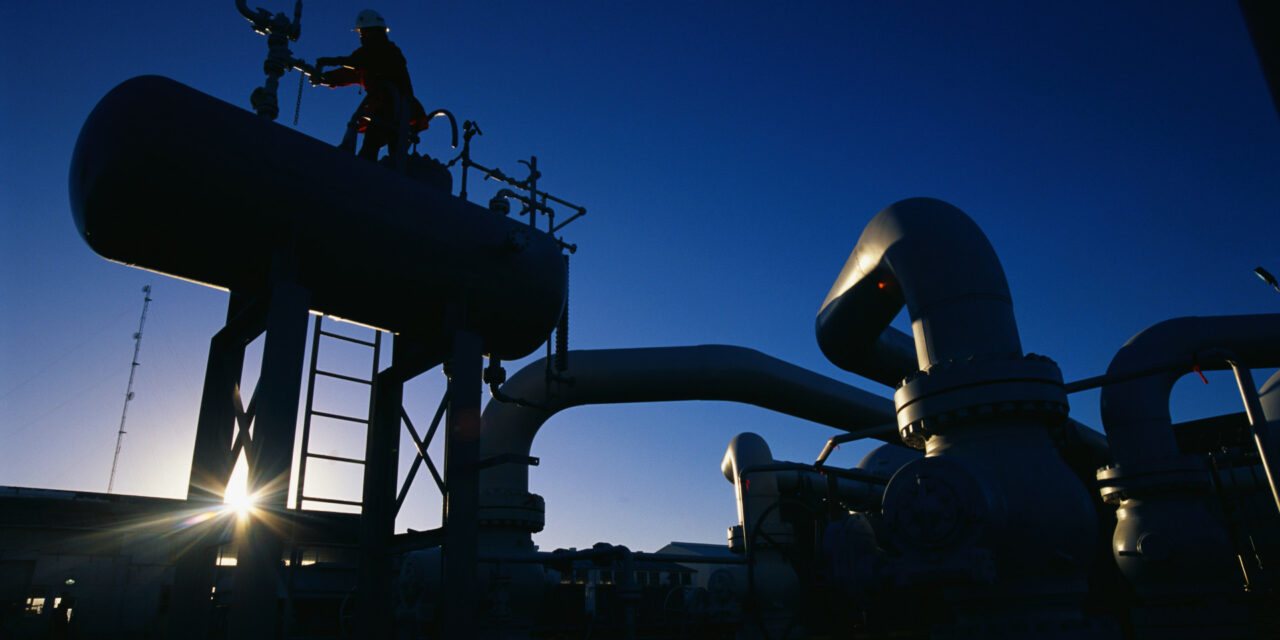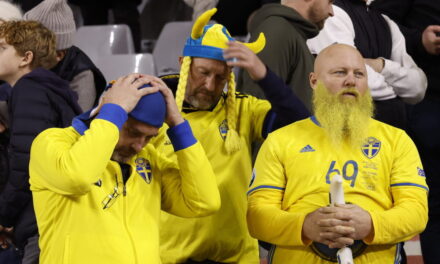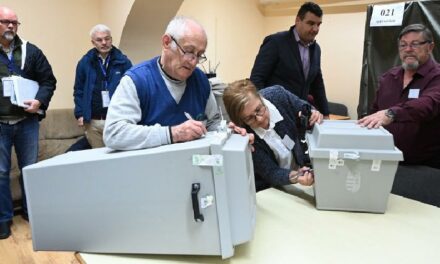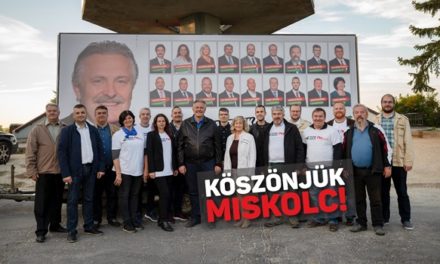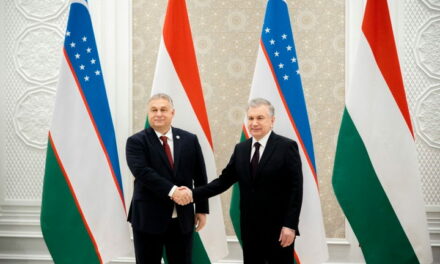Minister of Trade Csaba Lantos said that Russian gas is still arriving in Europe, but it cannot be ruled out that the war will last a long time, and that gas prices will rise.
In response to the suggestion that, according to Ursula von der Leyen, the president of the European Commission, up to 30 billion cubic meters of gas may be missing from the market, the head of the ministry said that approximately twenty-five larger LNG terminals are being built in the EU, which can receive liquefied natural gas from afar. If the terminals are completed, it can be said that Europe is truly independent of Russian gas. The construction of the terminals has started, but the years 2023-2024 will be tough for Europe, he added.
Csaba Lantos pointed out that Hungary's situation is a little different, because there are relatively many gas storage facilities in the country. As long as the Serbian line is working, these storage tanks will be filled, he noted.
He emphasized that the Hungarian government continues to supply the population with very cheap gas up to average consumption. The gas price above the band limit is also lower than the market price, and last December it was also decided that this gas price would not be raised during the heating season, until April 30, he explained.
He also reported that he has been in his ministerial seat since last December
decisions related to security of supply were made, such as the introduction of the fuel price cap.
Csaba Lantos also addressed the strengthening of Hungary's energy sovereignty: we are very dependent on foreign countries for energy, and this dependence must be relaxed.
He pointed out that certain natural resources are available for the country, but "we are not completely without resources". As an example, he mentioned that
The country's annual consumption of natural gas in 2021 was roughly ten billion cubic meters, and 1.5 billion cubic meters can be extracted from Hungarian land. Their goal is to reach two billion cubic meters per year.
In addition, the utilization of weather-dependent renewable energy sources, solar energy, and additionally wind energy will continue. They promised that the solar capacity will be over 6,000 megawatts by 2030, and the country is doing much better than this time ratio.
Csaba Lantos added that they start from the assumption that there will be resources to implement all of this.
The European Union judged the Hungarian recovery plan to be one of the best, so they hope that "this EU money will come in".
If for some reason this does not happen, then the program necessary to strengthen energy sovereignty must be implemented from another source.
The minister also touched on the situation of the Paks nuclear power plant, whose operation period I would like to extend by twenty years. The Paks 2 investment is also very important for the country, as such nuclear power plants take a long time to build, so it is expected to be completed by 2032. The nuclear option is absolutely necessary, declared Csaba Lantos.
Source: Hungarian Nation
Featured image: Getty Images

